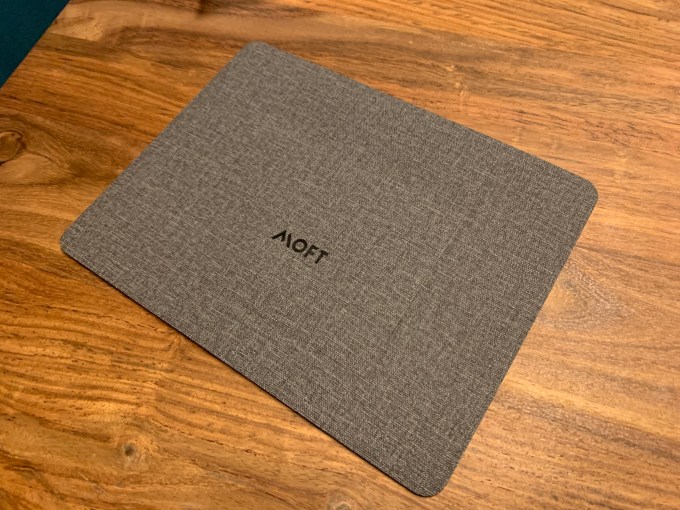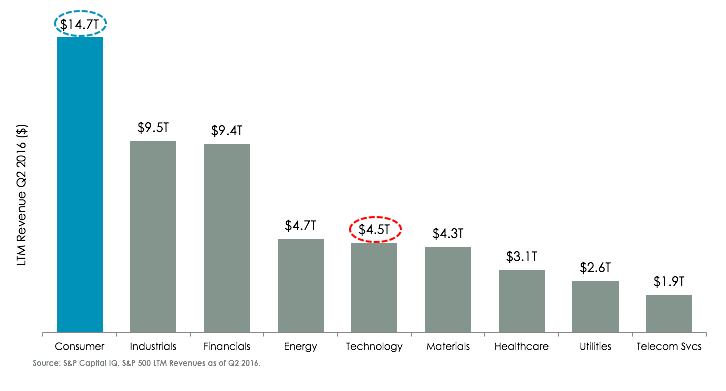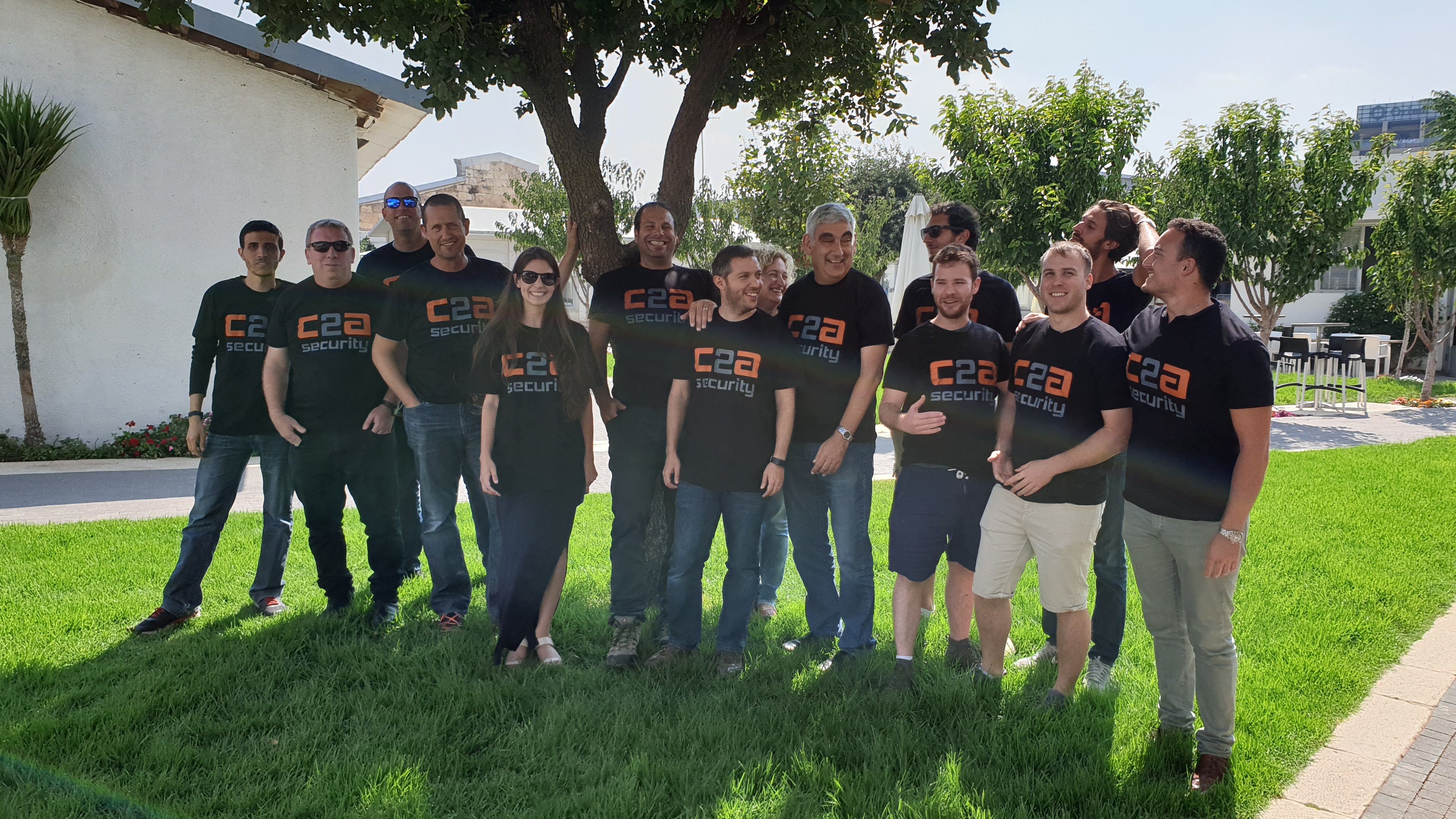A grand mission to Mars that was always light on details has come to a decidedly terrestrial end. Mars One, a controversial space exploration project that made it as far as the “highly produced videos” stage of space colonization, has quietly filed for bankruptcy, according to a liquidation listing spotted by a Redditor on r/space.
As the post explains, the private company that spearheaded the Mars One spectacle is actually made up of two parts, a not-for-profit called the Mars One Foundation and a for-profit company known as Mars One Ventures. In 2016, Swiss financial services company nFin Innovative Finance AG picked up Mars One Ventures in a takeover bid.
In a statement on the takeover, Mars One’s leadership explained how the plan was still on track, in spite of appearances.
“The takeover provides a solid path to funding the next steps of Mars One’s mission to establish a permanent human settlement on Mars. Those steps include reducing the remaining 100 astronaut candidates to just 24, as well as continuing the mission design phase with Mars One’s technology suppliers.”
When contacted about the bankruptcy, Mars One Co-founder and CEO Bas Lansdorp told Engadget that the Mars One Foundation continues to operate but is stalled unless it receives an infusion of funds as Lansdorp works “to find a solution.”
Mars One was ill-fated from its inception, more grounded in CGI videos and marketing hype for a Mars mission reality TV show than any kind of scientific reality. And they couldn’t even get the show off the ground.
There were plenty of red flags for anyone willing to look, but the nature of its outlandish proposal allowed Mars One to prey on the intrinsic optimism and curiosity of would-be space explorers. As one finalist candidate revealed in an excellent exposé series on the company titled “All Dressed Up for Mars and Nowhere to go,” Mars One’s financial reality looked like a multilevel marketing scheme — not a scientific expedition.
“When you join the ‘Mars One Community,’ which happens automatically if you applied as a candidate, they start giving you points. You get points for getting through each round of the selection process… and then the only way to get more points is to buy merchandise from Mars One or to donate money to them.”
An MIT report in 2014 issued other telling warning’s about the project’s feasibility.
“… If all food is obtained from locally grown crops, as Mars One envisions, the vegetation would produce unsafe levels of oxygen, which would set off a series of events that would eventually cause human inhabitants to suffocate.”
Taken together, those two telling details tell you pretty much everything you need to know about a sadly small-minded company that sold the public a lucrative tale about its big red dreams.










